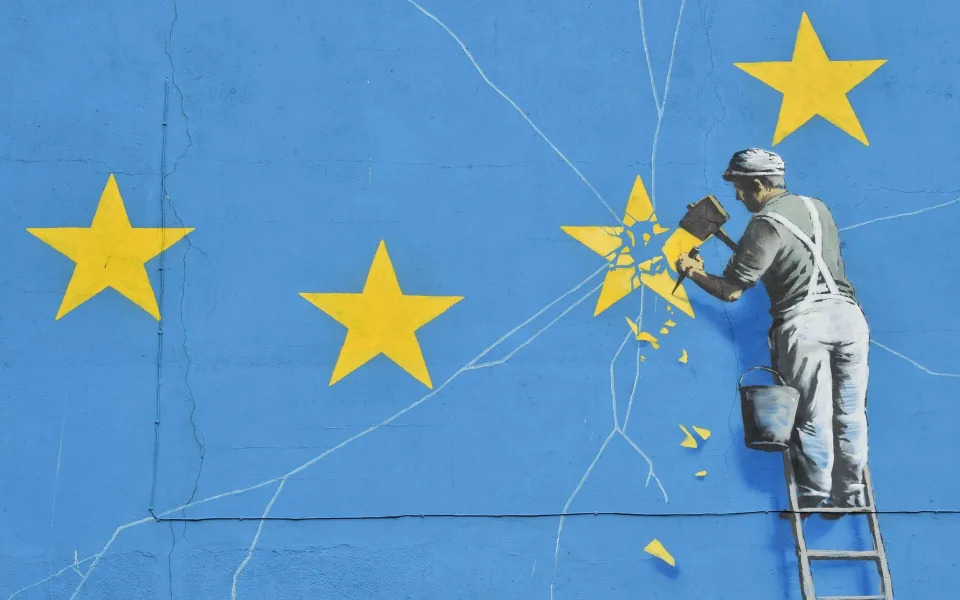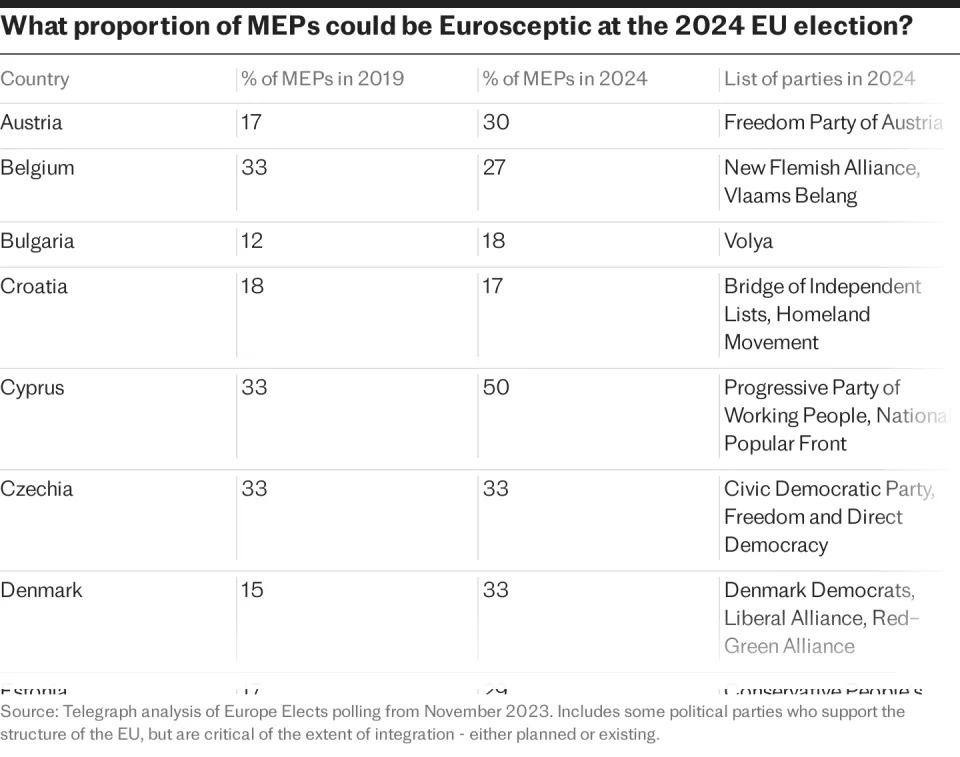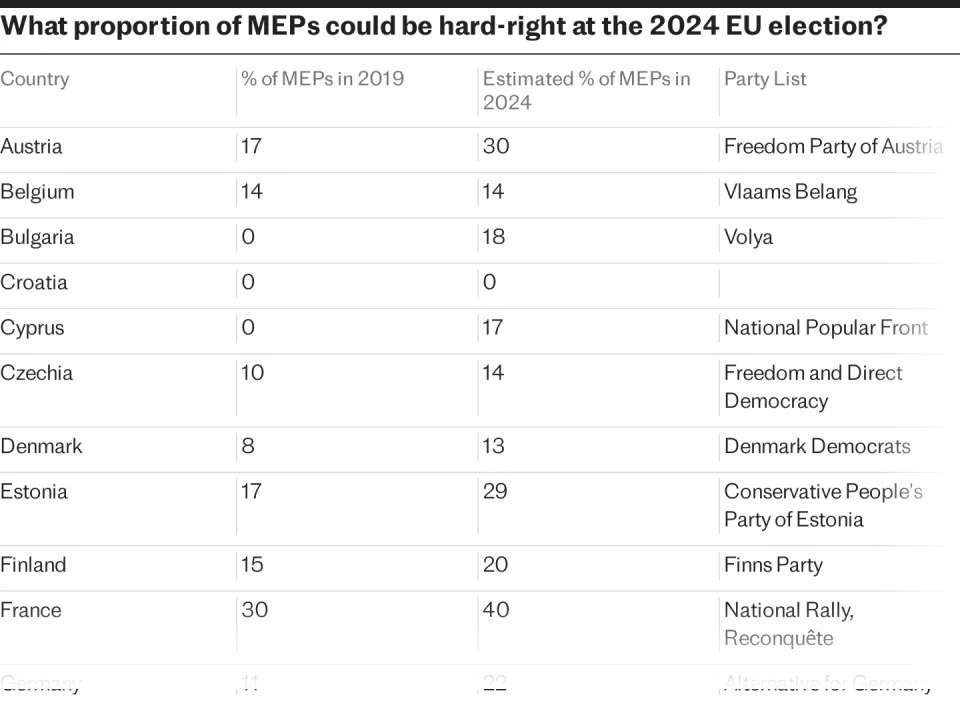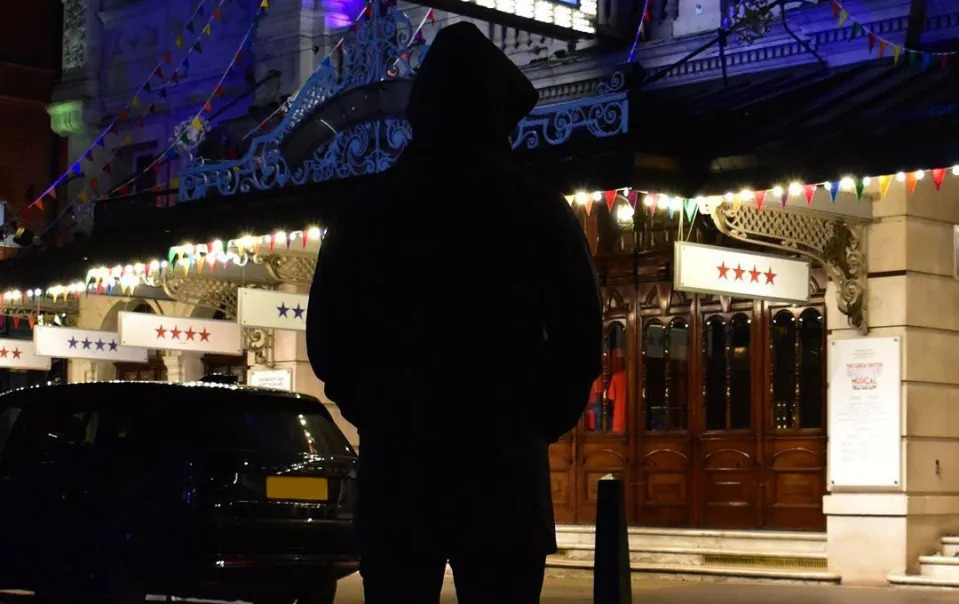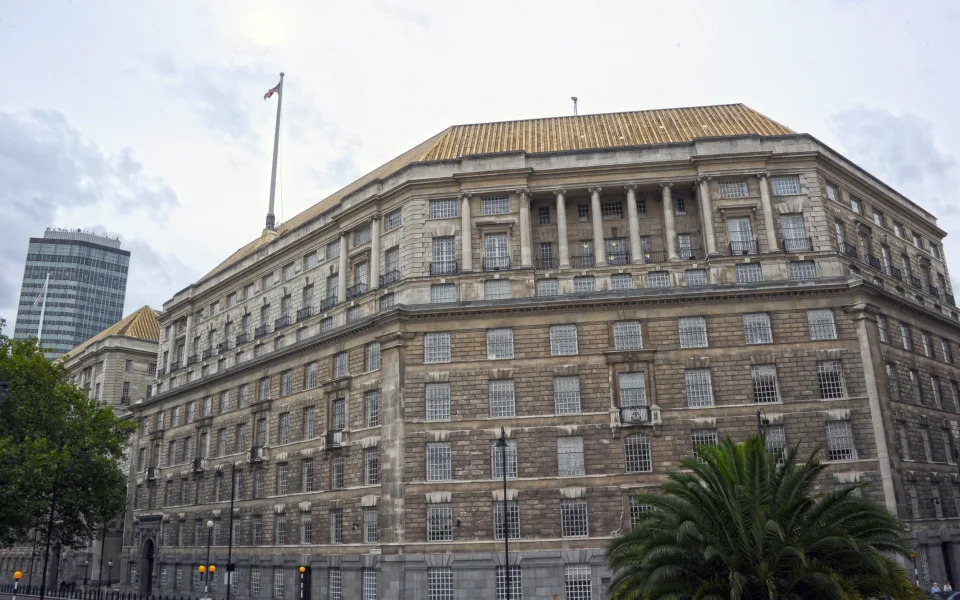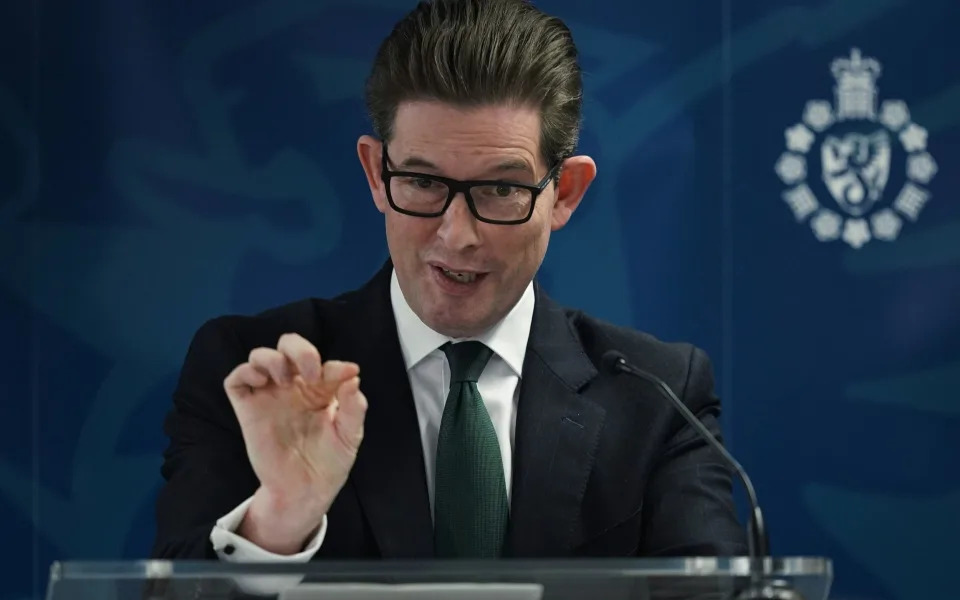Workers at Legendary Bay Area Sex Shop File for Union Election
Workers at Good Vibrations, the body-positive sex shop founded in San Francisco nearly a half-century ago, have filed for a union election with labor regulators.
The election would see whether around 40 workers at seven Bay Area Good Vibrations locations spanning San Francisco, Oakland, Berkeley, Palo Alto and Santa Cruz want to join UFCW Local 5, a union that also represents workers at grocery stores and cannabis dispensaries.
Good Vibrations—often known as Good Vibes—has its roots in San Francisco where it was founded in 1977 by sex educator Joani Blank. Blank was inspired by her work on research with women who had difficulty achieving orgasm and the store became a hub for sexual education and a retail outlet for sex toys.
Good Vibrations is also known for its collection of antique vibrators, currently on display at the company's location at 1620 Polk St. in San Francisco.
The company went through several transitions from a worker-owned cooperative to a for-profit corporation that was eventually purchased by Barnaby Ltd.
Sam Pollack, an employee at the Palo Alto location, said that the union push was sparked in part by a Covid outbreak that was "sorely mismanaged" and led to multiple people getting sick and losing their jobs.
That incident catalyzed into a larger fight for better wages, better job security and better maintenance for the stores, Pollack said.
Good Vibrations management can voluntarily recognize the union, which would then go into contract bargaining. But Pollack said if that does not happen, workers are also prepared to push forward with an election that would take place in February.
The company's union drive is part of a larger wave of organized labor participation,—some observers dubbed the "hot labor summer"—including at major corporations like Starbucks and Amazon. That was paired with strikes in 2023 by major labor unions, including the United Auto Workers and SAG-AFTRA, which protects workers in the radio, television and film industries.
All told, the Cornell Labor Action Tracker, estimates that around 300,000 workers have caused work stoppages over the year.
Labor organizing in the adult industry is relatively rare compared to industries like manufacturing, but there have been a few recent developments, including dancers in Los Angeles becoming the first unionized strippers in the country in May.
"There can be some stigma and social sanctions around the type of work that we do, that poses as a barrier to organizing because it feels like you almost have to be extra-covert," Pollack said.
In 2016, workers at Babeland, another Barnaby-owned sex shop, successfully organized into a union. Barnaby also owns two locations in the Boston area, which was subject to a weeklong work stoppage by employees during the pandemic due to health and safety concerns.
The company did not respond to a request for comment.
Jim Araby, strategic campaigns director for UFCW Local 5, positioned the Good Vibrations union drive as part of a new generation of increasingly class-conscious workers.
"Whether it's cannabis or adult retail or coffee shops or fast food workers, this generation of workers particularly in the Bay Area saying the economic picture looks bleak and the only solution is labor," Araby said.
"In Good Vibes' case, it's not about selling toys and pleasure products, it's about giving an education to people about being more sex-positive," he added.

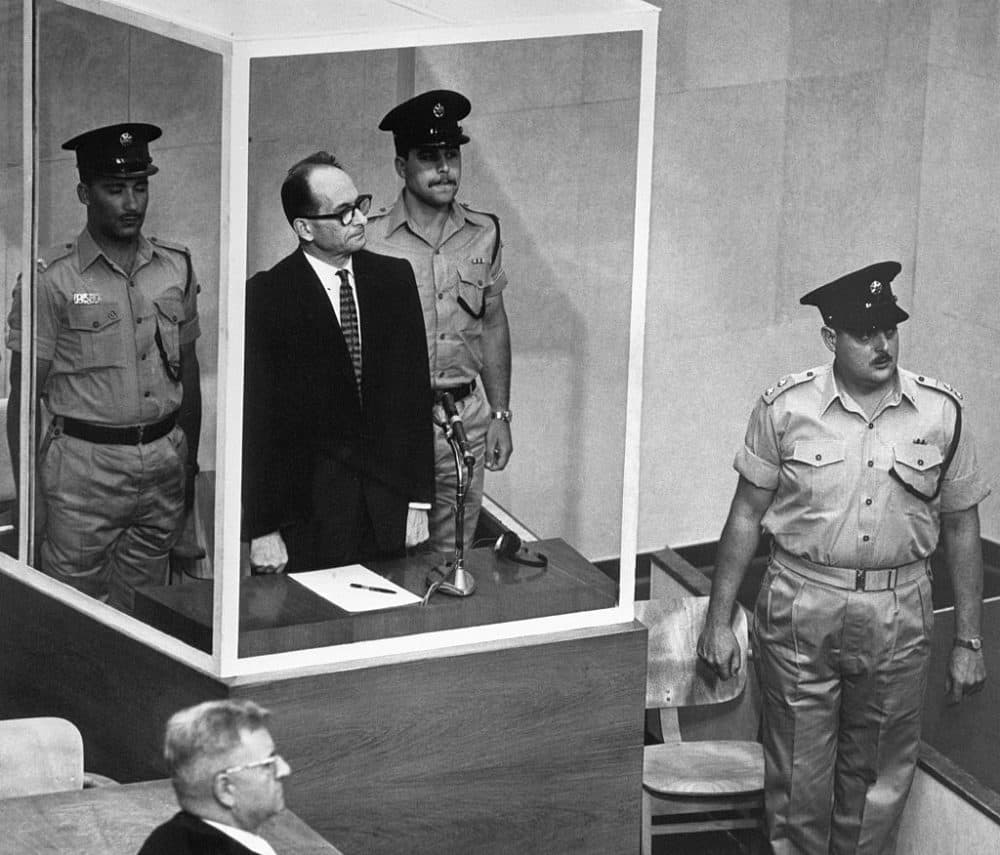 Adolf Eichmann stands in his bullet-proof glass cage in Israel's Supreme Court.
Adolf Eichmann stands in his bullet-proof glass cage in Israel's Supreme Court.







